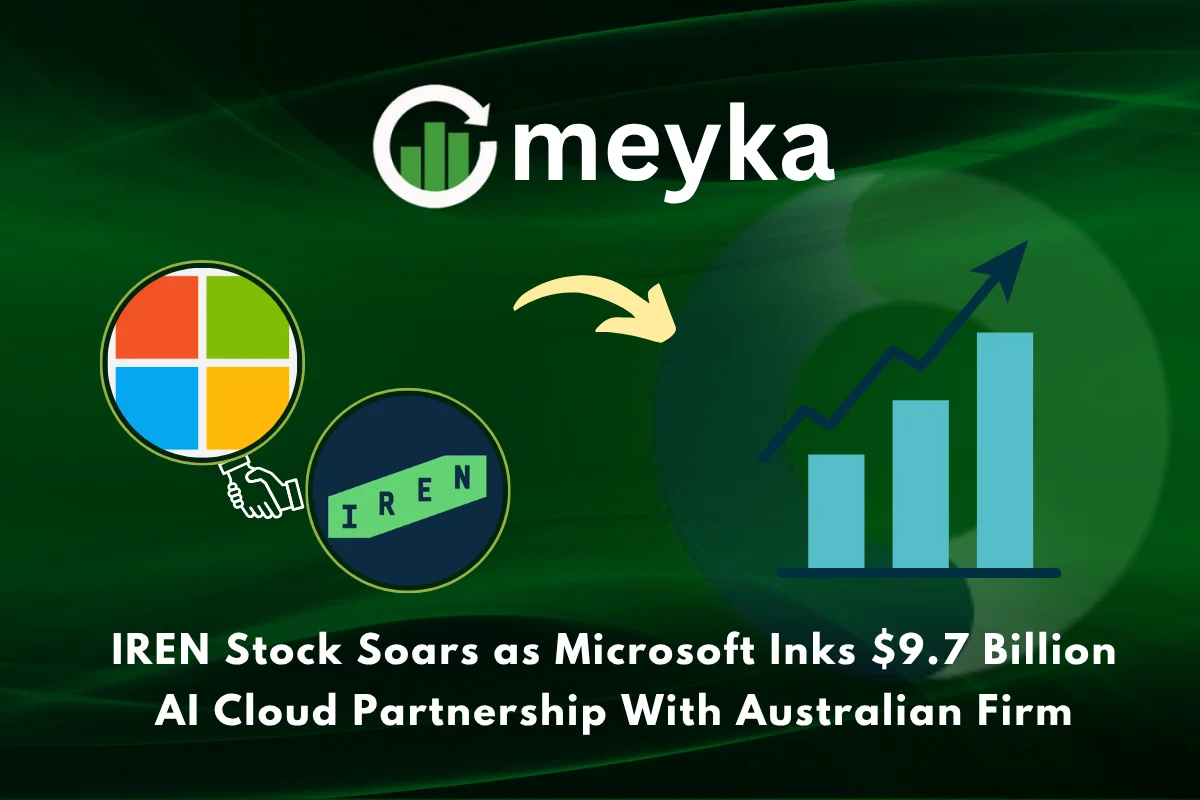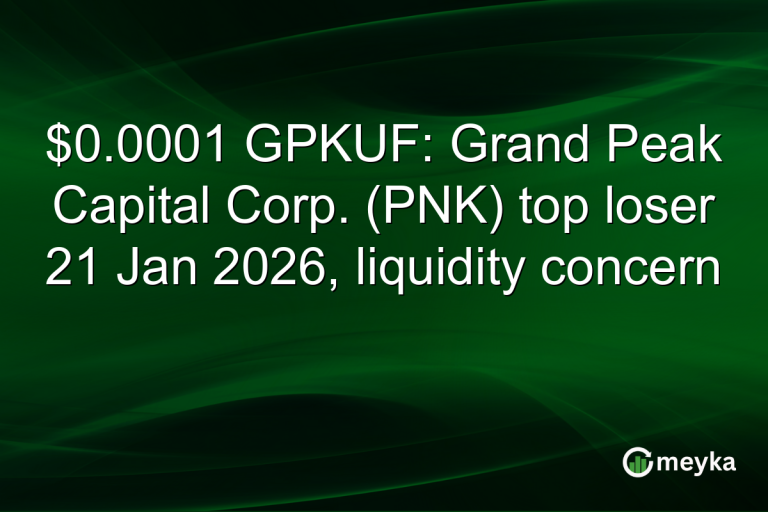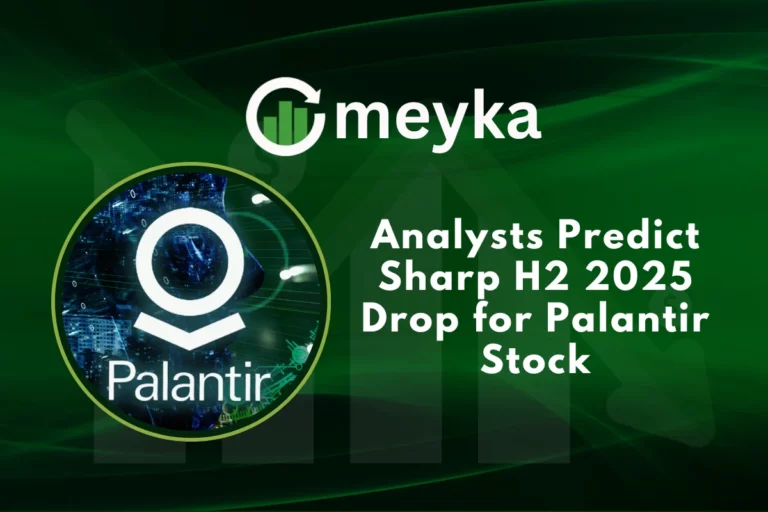IREN Stock Soars as Microsoft Inks $9.7 Billion AI Cloud Partnership With Australian Firm
In a bold move that has reshaped the future of AI infrastructure, Microsoft announced a $9.7 billion partnership with Australian firm Iris Energy, instantly driving up IREN Stock and capturing widespread market attention. This deal gives Microsoft access to high-performance, renewable-powered data centers, while positioning Iris Energy as a key provider in the booming AI ecosystem. Analysts believe this could mark the beginning of a major shift in how technology companies build and host AI models.
Continue Reading on Meyka
This article is available in full on our main platform. Get access to complete analysis, stock insights, and more.
Read Full Article →





